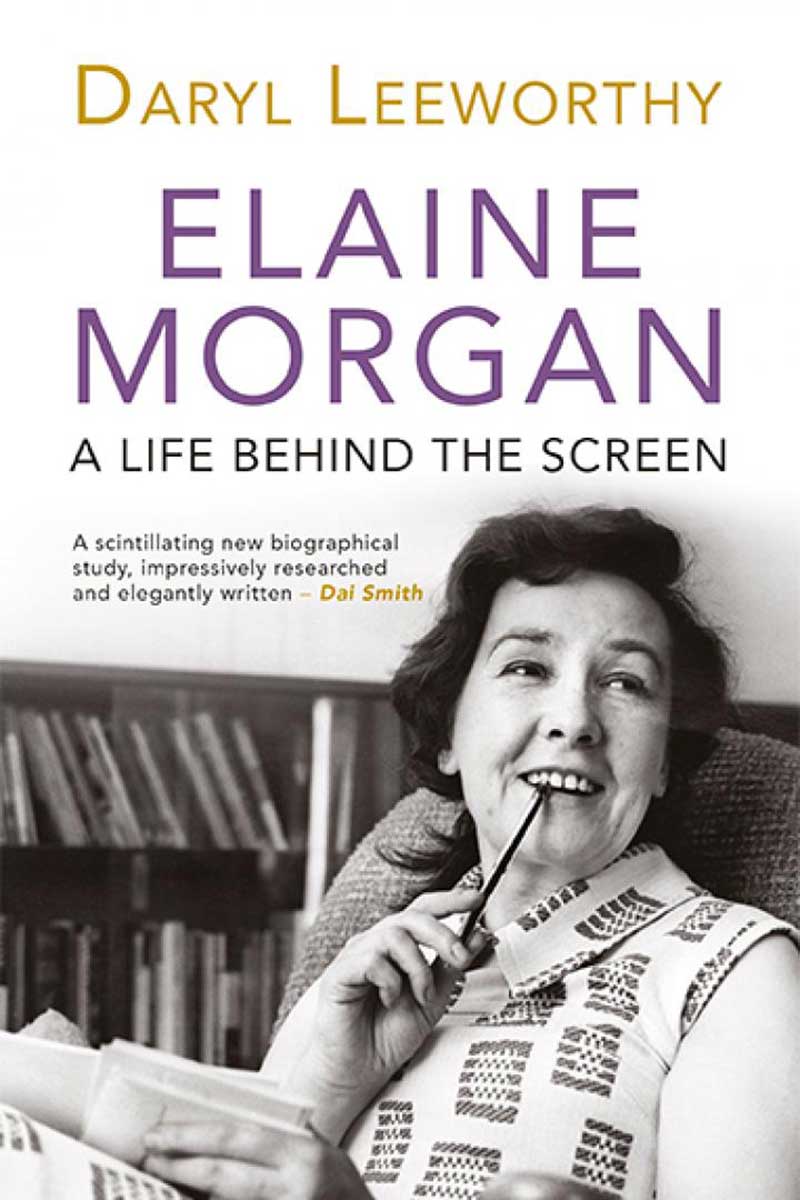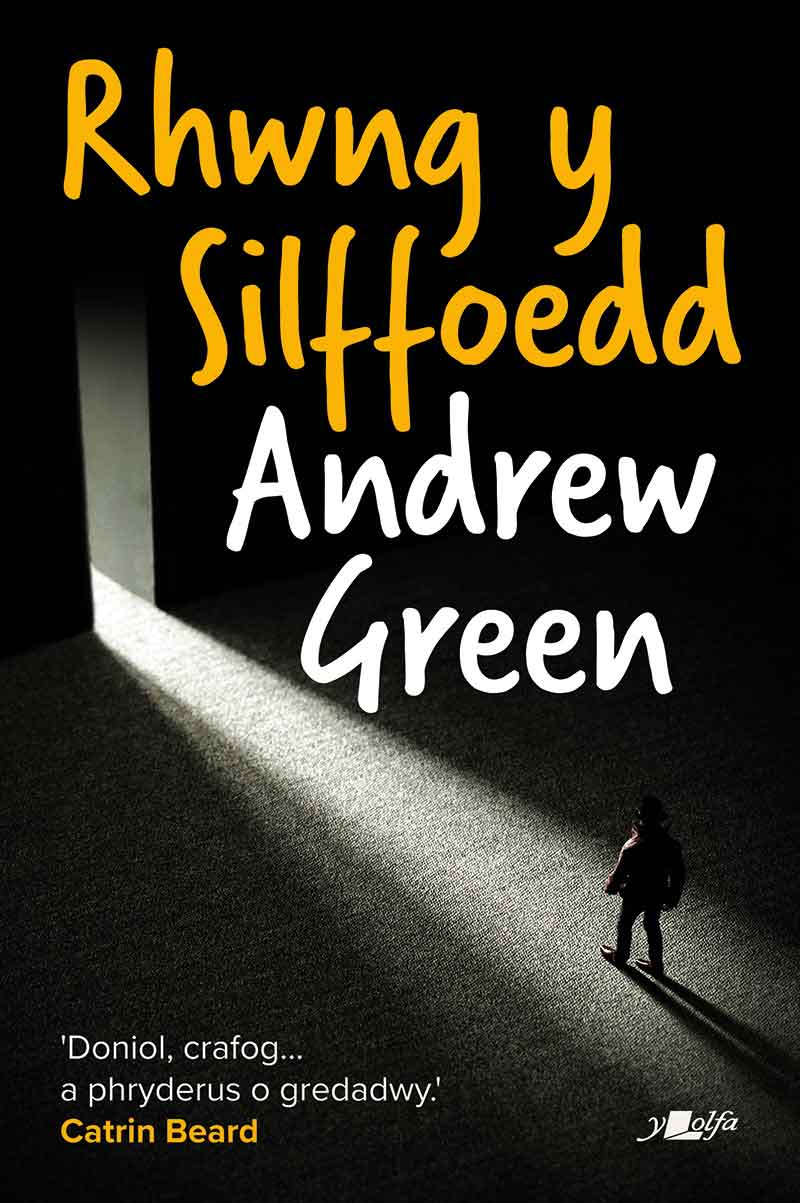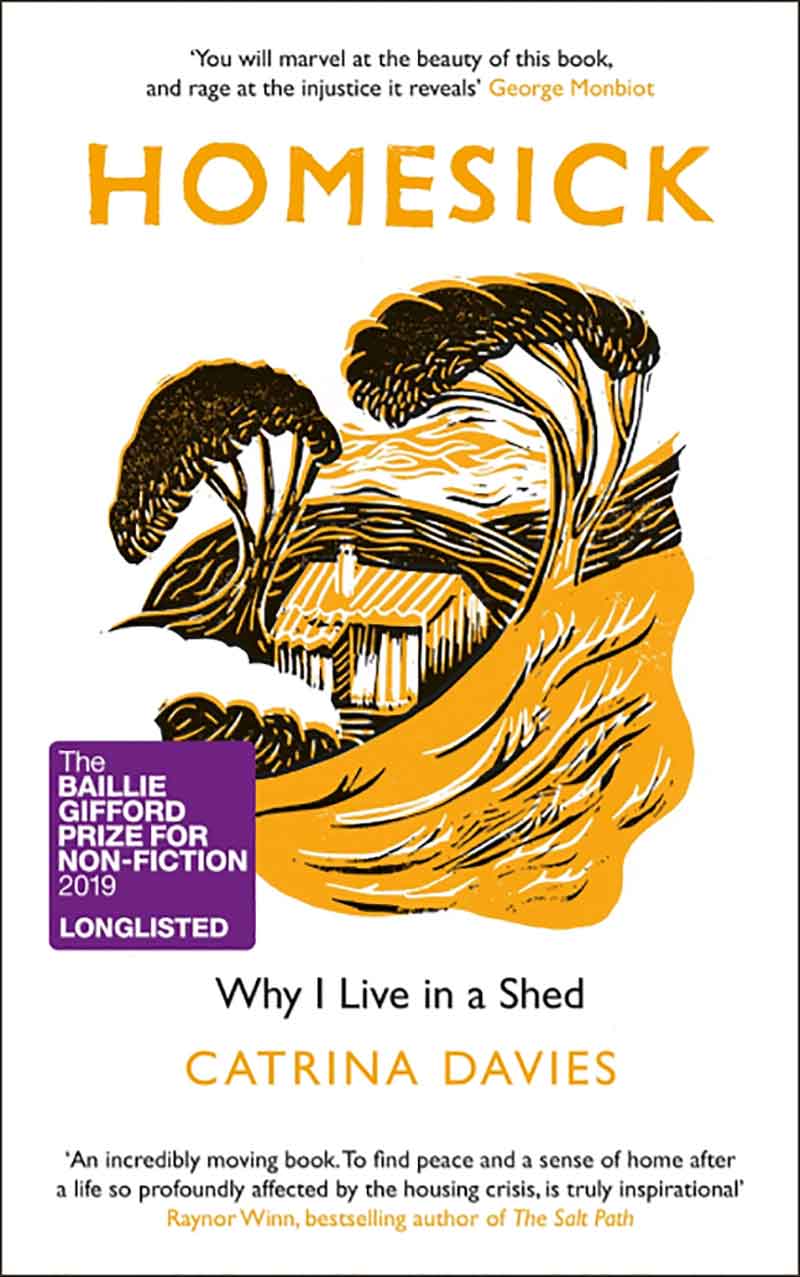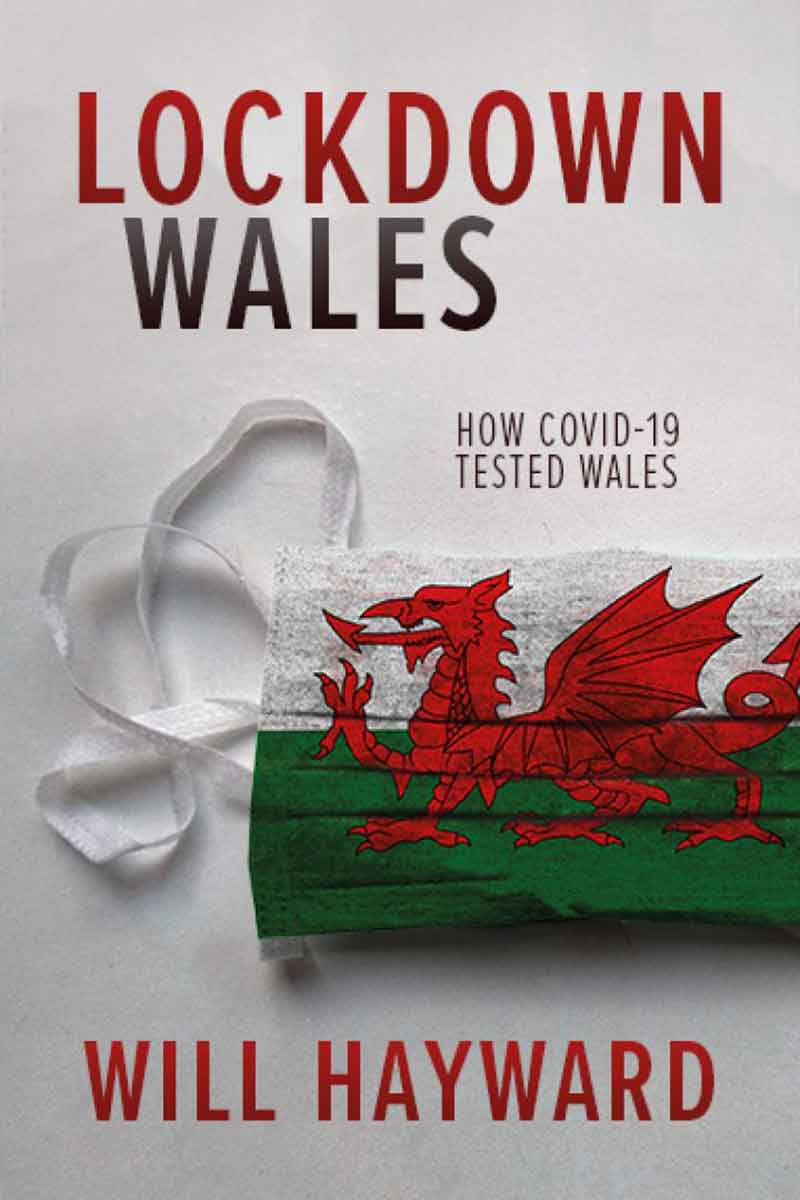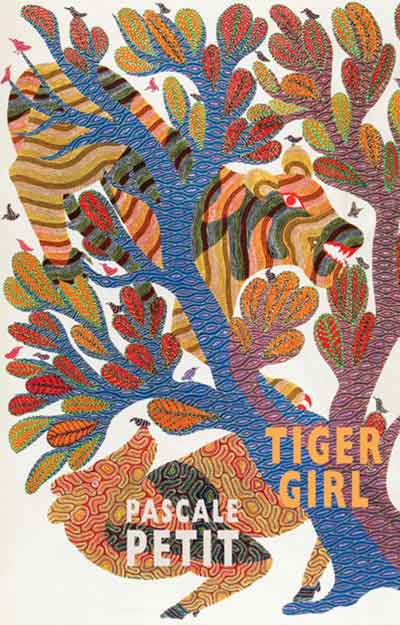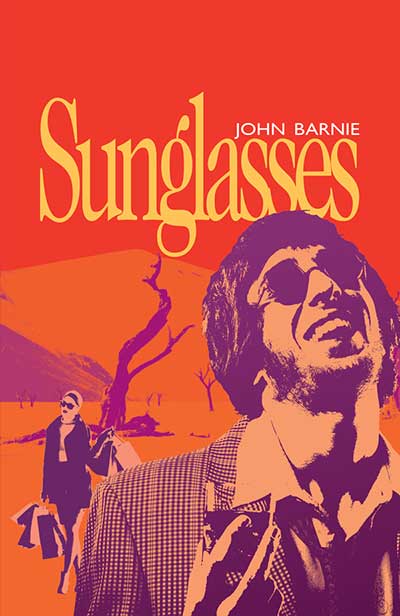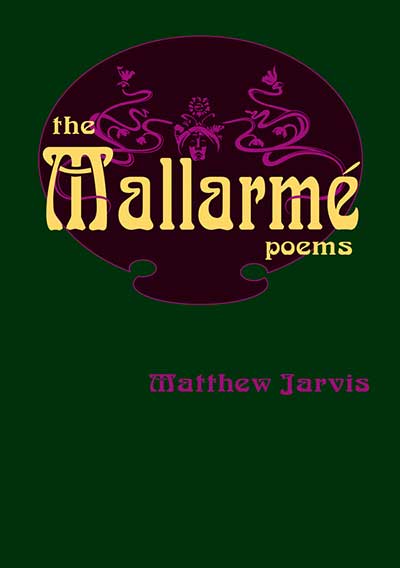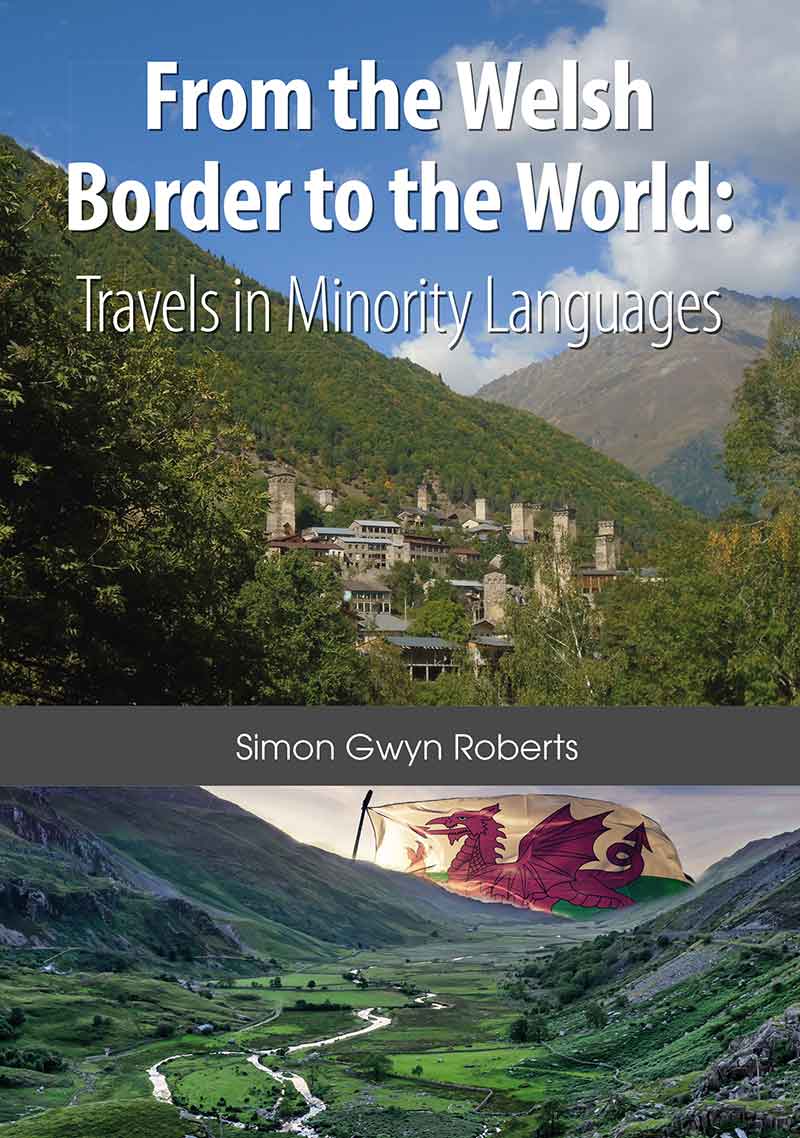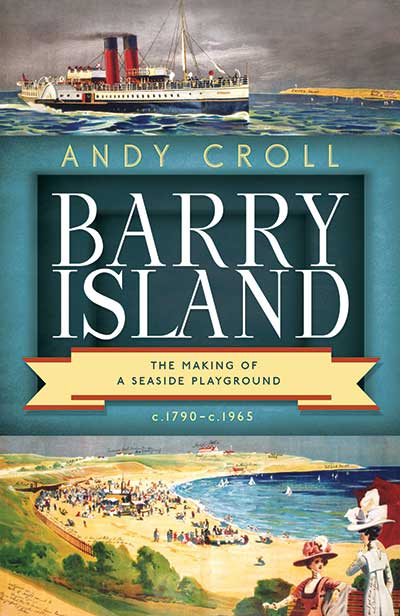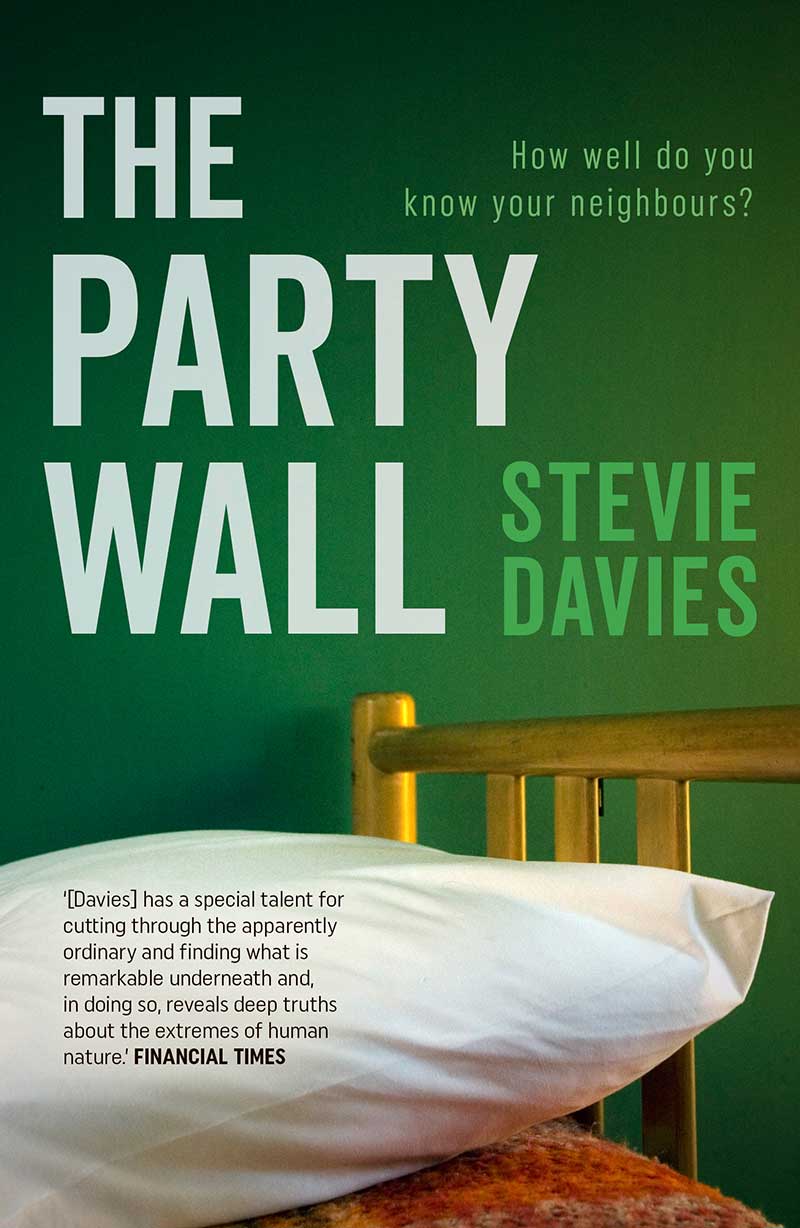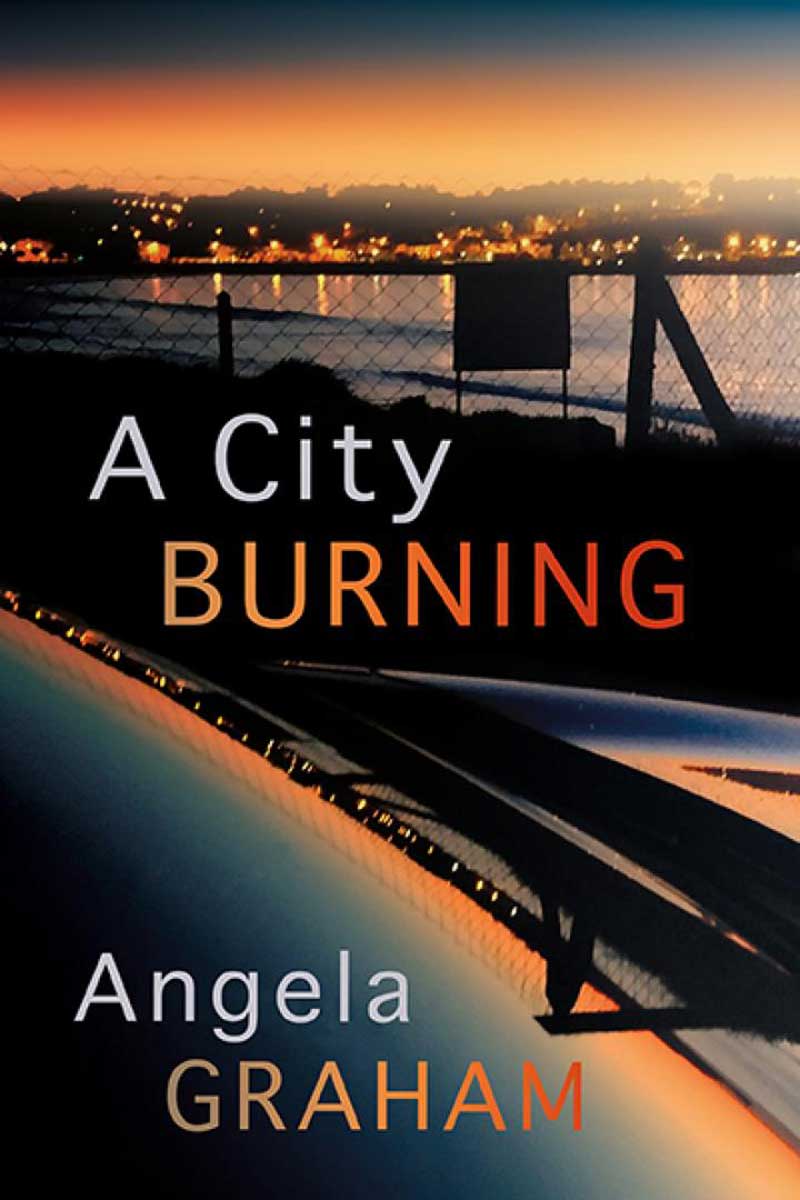In a series that proposes how society could change for the better in response to Covid-19, Charlotte Williams interviews anti-racist activists across Wales to reflect on how the lockdown period amplified public consciousness about racial inequality in an extraordinary way, and what needs to be done to ensure that this translates into meaningful action.
Read moreA poem by Menna Elfyn – translated from the Welsh by Emma Baines
Read moreSelwyn Williams draws on Raymond Williams’ socialist vision and inspiration from the Swedish Rural Parliament to introduce new proposals for a ‘Community Movement Cymru’ and a Parliament of the Communities, building on the grassroots success of Cwmni Bro Ffestiniog.
Read moreIn a collaborative article with Russell Todd, Tim Hartley sets out the vision for Expo’r Wal Goch in advance of its launch this year. This aims to become a diverse, progressive, politicised expression of workingclass football fandom, channelling the spirit of Raymond Williams’ democratic definition of culture.
Read moreOur Welsh Keywords series offers contemporary perspectives on the meaning of words in Welsh, inspired by Raymond Williams’ Keywords. In this issue, Sara Huws explores the fascinating history of how a word for ‘witch’ shape-shifted into one for ‘scientist’. What is the gender dimension of this etymological journey, and what does this mean in an era of pandemic and big data?
Read moreM. Wynn Thomas remembers his friend Emyr Humphreys, who died in 2020 aged 101, a Welsh European until the end. He reflects on what Humphreys’ work tells us today about the ideological power of the image, the complexities of the postcolonial condition, and what it really takes to be a politically committed writer.
Read moreIn eulogies stretching from Jan Morris’ square mile to San Francisco, Angharad Price, Gray Brechin and Mike Parker remember an epoch-defining foreign correspondent and writer whose most beloved muse was Wales, and whose work continued to push boundaries up until her death in 2020 aged ninety-four.
Read morePeter Lord discovers new work that can be attributed to the painter John Walters. He argues that it is important to acknowledge an overlooked Welsh artisanal tradition that encompasses pub signs and portraits of those from all classes in order to deepen our understanding of life in pre-nineteenth-century Wales.
Read moreBook Review Section
I’m writing this in the first days of the New Year; days which feel more like the angry thrashing tail-end of the old one than the beginning of something new.
Most of the books reviewed here were in press before Covid hit us, but its impact colours some responses and makes others poignant: global travels in minority languages read from a locked-down milltir sgwâr; ‘great multitudes of trippers’ packing Barry Island in its heyday. A dark new thriller feels extra claustrophobic; short stories evoke connections across a liberating Irish Sea. Only Will Hayward’s Lockdown Wales tackles the pandemic head-on – yet already feels trapped in its particular moment, the Spring and Summer of 2020. Sadly, it will need a sequel.
The dislocating and dehumanising effects of the market may be old news, but are memorably probed both in Catrina Davies’s highly personal account of the housing crisis, and Andrew Green’s satire of HiEdBiz (one rather hopes, the first of many; no shortage of material out there). Reminders and models of lives lived to the full are here written large – a centenary biography of Elaine Morgan – and small, in fiercely splintered lines of poems telling us to wait ‘for the light’. Just watch out for that thrashing tail.
Mary-Ann Constantine’s academic work explores the cultural history of Romantic-era Wales. She has also published two collections of short stories and a novel, Star‐Shot (2015).

